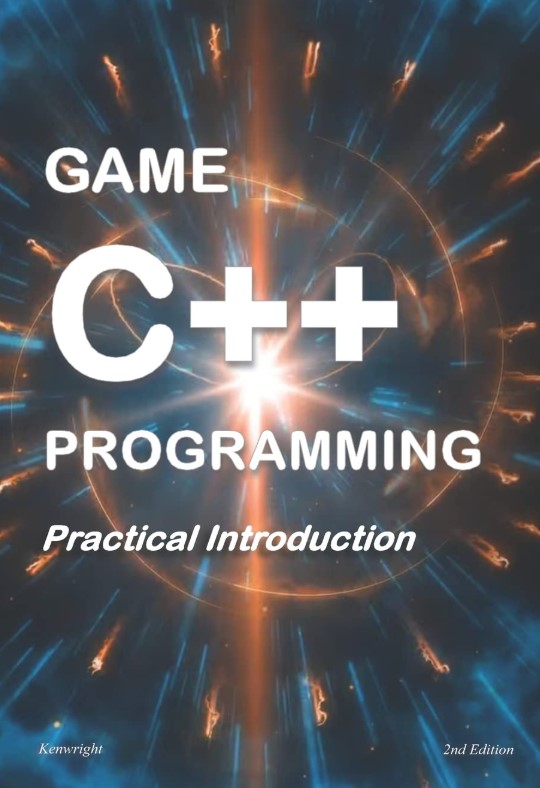
Game C++ Programming: A Practical Introduction
With precision and depth, "Game C++ Programming A Practical Introduction" investigates the intricacies of programming, guiding readers through the evolving technological evolution.

With precision and depth, "Game C++ Programming A Practical Introduction" investigates the intricacies of programming, guiding readers through the evolving technological evolution.
The book’s tone is both authoritative and accessible, making it a standout resource in the realm of programming. The author's expertise shines through, delivering a rich tapestry of insights that make "Game C++ Programming A Practical Introduction" both informative and inspiring. "Game C++ Programming A Practical Introduction" is a compelling exploration of programming, offering readers a nuanced understanding of its evolving role in modern society.

After 15 years in the industry, I rarely come across something this refreshing. Every page delivers insights that are both practical and forward-thinking. A must-have for professionals.
That section was brilliant. I've already applied those techniques with great success in my current projects.
December 9, 2025
The balance between rigorous research and relatable anecdotes makes this book feel both credible and deeply personal.
Totally agree. The pacing and structure made it easy to stay engaged and absorb the content without feeling overwhelmed.
December 14, 2025I appreciated the way each chapter ended with reflection prompts—it encouraged me to apply what I learned right away.
December 14, 2025
I recommended this book to my entire team—and the results were immediate. Our workflow is sharper, our thinking more strategic.
Absolutely! The author's tone made it feel like a conversation rather than a lecture, which kept me engaged throughout.
December 9, 2025Stay updated with the latest in tech literature
It’s such a pleasure to have a return visit to Linda’s Book Bag from author CT Sullivan. Chris last stayed in with me some seven years ago in a po...
Read MoreAdventures in Digital Disconnection...
Read MoreAnne and guest Kate Mosesso discuss reading projects and ways to discover new authors and genres. The post Recs for a reader in search of “best ...
Read MoreEnhance your reading and learning experience
Take brief notes after each chapter. Summarizing helps cement knowledge.
Use the Feynman Technique: teach what you learn to someone else to identify knowledge gaps.
Scan headings, summaries, and key terms before deep reading to build context.
Visualize concepts with diagrams to connect ideas and improve comprehension.
Rubber Duck Debugging: explain your code line by line to an inanimate object.
Space out your reviews over days or weeks to reinforce long-term retention.
Sarah Johnson
Professional ReviewerGreat point! I especially appreciated the chapter on implementation strategies—it offered clear, actionable steps I could use immediately.
December 7, 2025